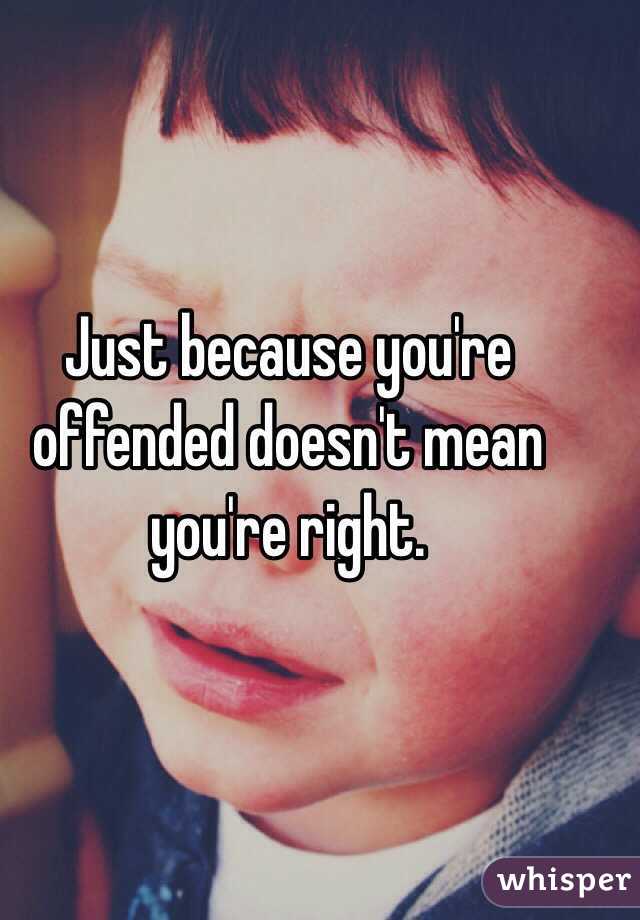Bud, a formerly homeless person, wrote an article for the International Network of Street Papers. The full article, including a portion of Bud's story, can be found here.
I think that The Founding Fathers simply took for granted an individual’s fundamental and unalienable right to exist. I really don’t think that they even questioned the notion. However, this fundamental right to exist does run headlong, in our modern society, into another quite obvious (to most people, at least) right that we all have: the right to own property. Existing by default always means taking up space, somewhere. But if you don’t have the means to either purchase, rent or obtain permission to occupy private property – and being the country that we’ve become, every single square inch of it is ultimately owned by somebody, somewhere – then what are you supposed to do? Cease to exist?
And that, right there, is exactly how our government chooses to cope with this problem. Deep down, I believe that their hope, wish, and strategy for “solving the homeless problem” is simply to regulate, legislate and enforce those people’s lives right out of existence. That might seem blunt, cruel, harsh, cynical, or jaded. But if you look at what the City of Los Angeles, along with scores of cities and towns all across this great country of ours, is actually doing on a day-to-day basis the strategy becomes all-too-clear. Either move ’em, or enforce ’em… literally… to death. That’s the strategy.
But we can certainly do better. And, we certainly should.
The reason that we have “class warfare” in this country today is because of our society’s hypocrisy on the merits, and the legalities, of these issues. Not only do the [legally recognised] right of individuals to own private property regularly cross paths with, and bump heads against, an individual’s (legally unrecognised) right to exist, but a great majority of the time, if and when these two issues meet in the courtroom, the judgement of the gavel will invariably fall in favour of the property owner’s right to do whatever he wants to do with his property. Including casting others out of it, if that’s what he or she chooses to do, which is an important right in this country. But one that unfortunately, and regularly, trumps the rights of people without means to even exist.
Our society’s hypocrisy comes immediately to light, once we consider the ‘Right To Life’ movement. It is a movement that maintains that unborn children in the womb, have very real and tangible rights to exist. But once they’re out of the womb suddenly, those people no longer have the right to exist, until they’re lucky or skilful enough to obtain property rights of their own, and exercise them. Or the ‘All Lives Matter’ movement (a cynical counterpoint to the Black Lives Matter movement), which should really be saying, ‘All Lives Matter… As Long As They Have Suitable and Sufficient Means’.
Now, what kind of sense does that really make?
If all lives truly mattered, wouldn’t that extend to the poor just as much as it applies to everybody else?





